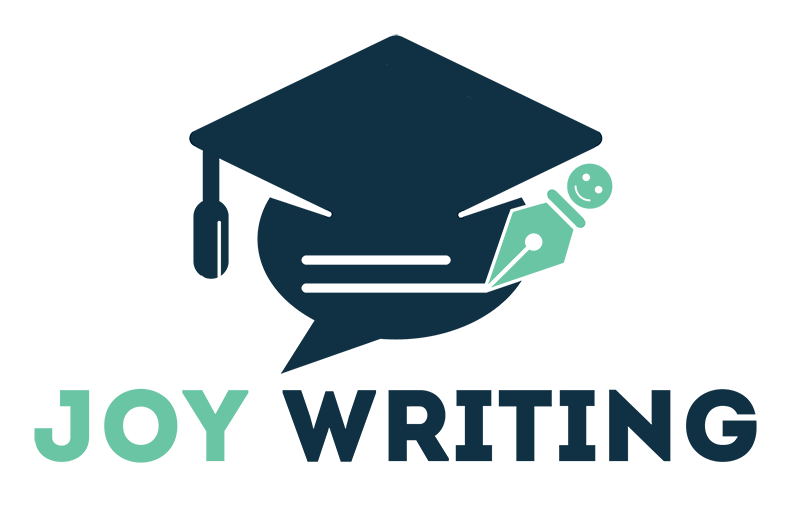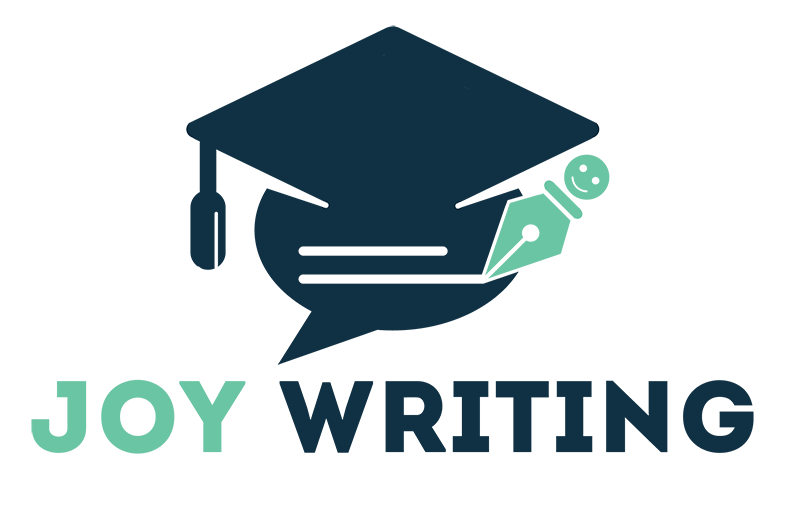Student’s writing is too wordy.
Some students simply don’t know when to stop writing. They mistake “length” for “strength.” To these students, I share an analogy that I’ve borrowed from other writers: A sentence should have no unnecessary words for the same reason that a machine should have no unnecessary parts.
This analogy is helpful for all writers, especially for ones who find writing frustrating because they think of it as guesswork and completely subjective. This “machine” analogy reminds us that, while every great writer is inventive and risk-taking, there are still rules to good writing.
Because, I ask the students, what happens when a machine has too many parts? This is an easy answer for them: extra parts make the machine heavier and not work properly. Well, I ask them, what happens when the machine of our sentences has extra parts? Our writing, too, becomes inefficient and weighed down with needless words, I tell them; the sentence can become unclear, can take more energy for the reader to understand, can not look or sound as meaningful or beautiful.
Don’t get me wrong: I find lush, sensory detail undeniably vital to writing. I also find it important for students to dump their ideas onto the page as verbosely as they want in a first draft. In fact, I encourage students to never censor themselves in the drafting stages. But a good writer is able to convert that mass of language into a more coherent shape during the revision process. Revision, after all, is most of what writers do.
What I encourage my students to do to help them revise is to take time away from their work — for a day or two, or for a whole week, or even month if the deadline permits this — and to return with fresh eyes and fresh questions. For example, when writing an essay, students should ask themselves: Does every sentence support the main idea? When writing a short story: Is every sentence necessary to portraying the scene, or plot, or character? When writing a poem: have I relied on enough images to tell the story? I tell my students this most of all: Writers are endless question-askers and answer-seekers.

